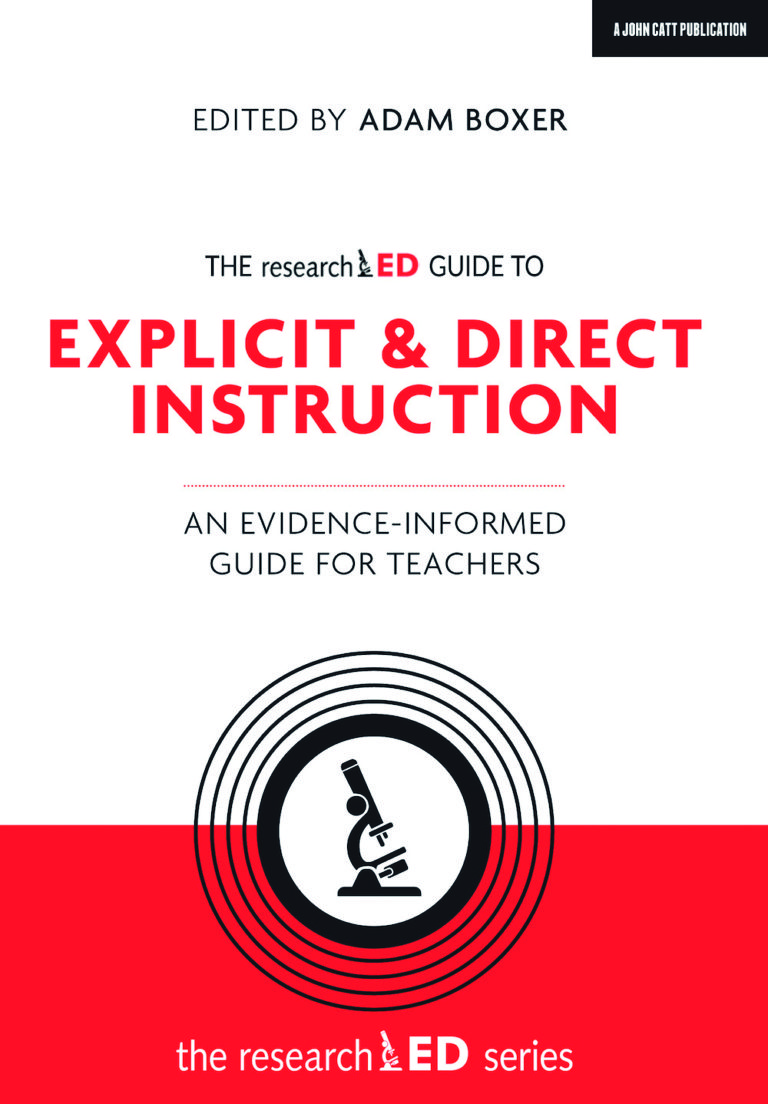Tags
ADHD adolescence attention book review boundary conditions classroom advice conference speakers constructivism/direct instruction creativity desirable difficulty development dual coding education elementary school embodied cognition emotion evolution executive function exercise experts and novices gender high school homework intelligence long-term memory math methodology middle school mindfulness Mindset motivation neuromyths neuroscience online learning parents psychology reading retrieval practice self-control skepticism sleep STEM stress technology working memoryRecent Comments
- Understanding Test Anxiety on Test Anxiety: How and When Does It Harm Students?
- A Skeptic Converted? The Benefits of Narrative |Education & Teacher Conferences on Help Me Understand: Narrative Is Better than Exposition
- Debate #4- Cell phones be banned from the classroom. | Aradhana's blog – ECI830 on Cell Phones in the Classroom: Expected (and Unexpected) Effects
- The Rare Slam Dunk? Blue Light Before Bed |Education & Teacher Conferences on “Writing By Hand Fosters Neural Connections…”
- Andrew Watson on “You Can Find Research that Proves Anything”
ABOUT THE BLOG
Tag Archives: constructivism/direct instruction

Constructivism, or Constructivism, Part II
Last week, I wrote about the often-testy debates that surround “constructivism.” One possible cause for…

Constructivism, or Constructivism? Part I
If you want to launch a feisty debate in your next faculty meeting, stand up…

Translating Research to the Classroom: the Case of Discovery Learning
Here at Learning and the Brain, we want teachers and students to benefit from research….
Does Higher Engagement Promote Learning?
Long-time readers know: I thoroughly enjoy research that challenges my beliefs. After all, I (probably)…

The Benefits of Direct Instruction: Balancing Theory with Practice
When teachers hear that “research shows we should do X,” we have at least two…

Pure Inquiry, Guided Inquiry, and PISA
A recent study looking at PISA data gives a fresh perspective on the Inquiry Learning debate. Continue reading

Today’s Humble Pie: 206 Bones
I was wrong. Somewhere, teachers really do write down long lists of words to be copied. Trust me: that’s not what “direct instruction means.” At all. Continue reading

Can a Neuromyth Result in a Truce?
Tom Sherrington wants to call a truce between PBL advocates and those championing direct instruction. In a recent essay, he presents the terms of the cease fire. Continue reading

Inquiry- and Problem-Based Pedagogy: Dramatic Results in South America (?)
This study conclusively shows that good teaching is more effective than bad teaching. Continue reading
